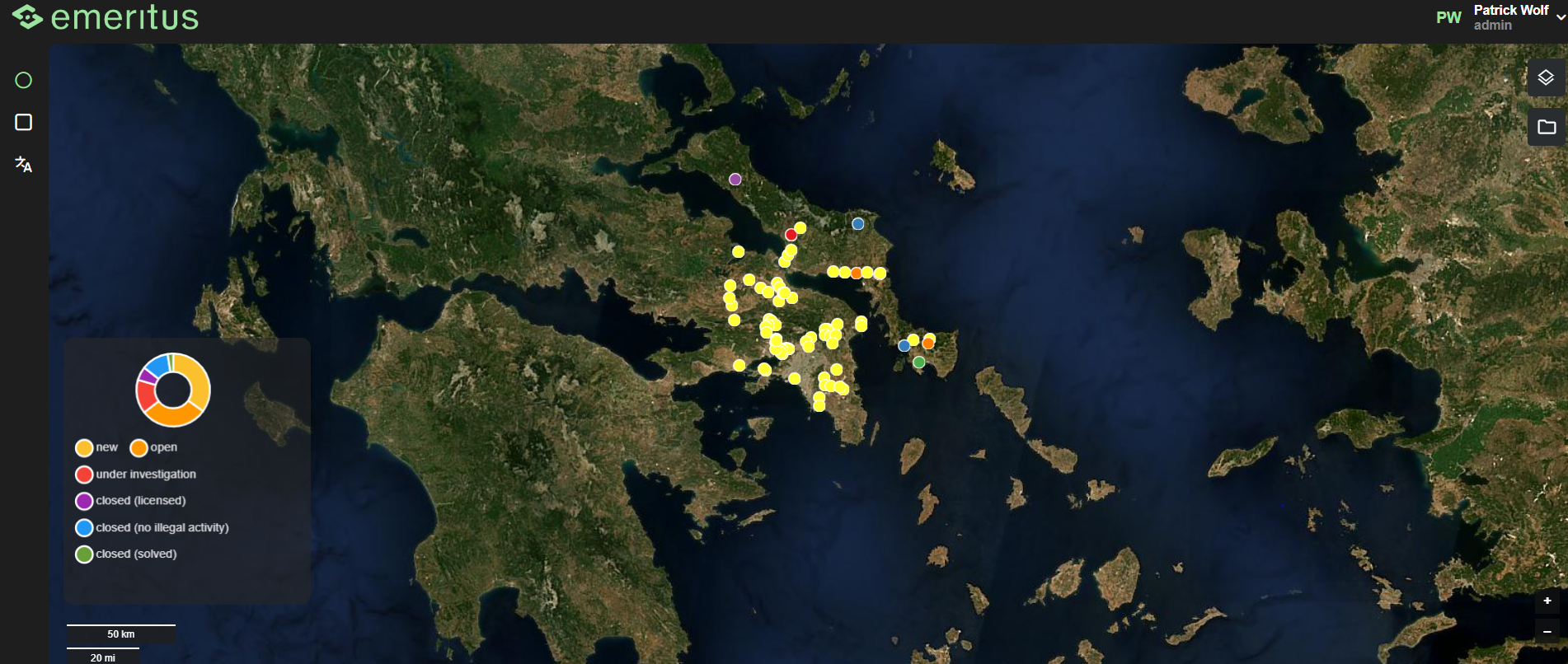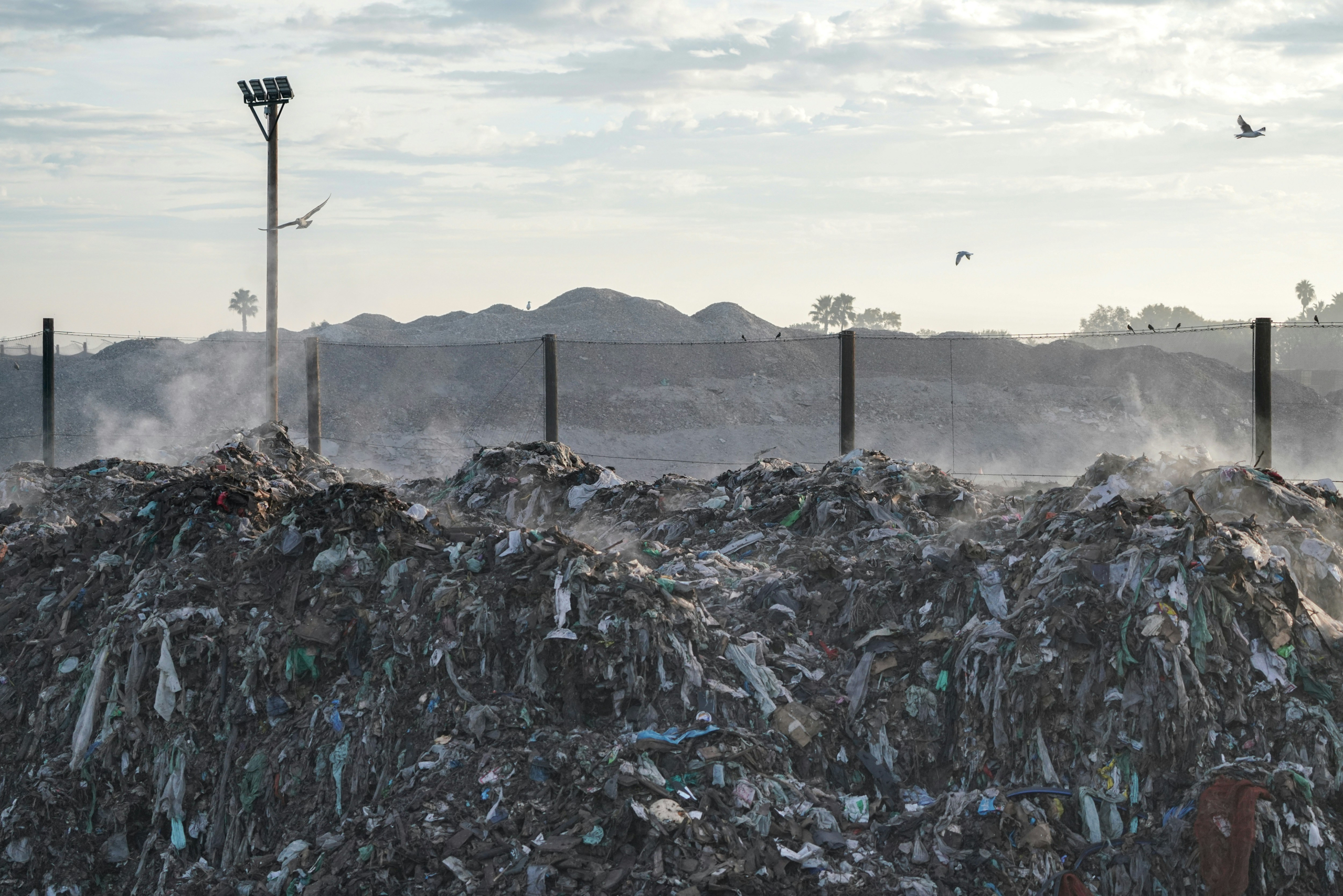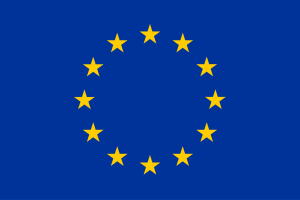Another step ahead for environmental protection
The European Council and European Parliament reach provisional agreement on new Environmental Crime Law.
The European Council and the European Parliament have reached a provisional agreement on an EU law to enhance the investigation and prosecution of environmental crimes. The proposed directive represents a significant step forward in addressing the challenges posed by environmental offences and seeks to replace the outdated 2008 directive, adapting to the evolving landscape of EU environmental law.
Environmental crime is highlighted as one of the world’s most profitable organised criminal activities with significant impacts on both the environment and human health. The 2008 directive was deemed ineffective, as the number of cases successfully investigated and resulting in a sentence remained low, leading to the proposal for an updated directive in December 2021. The provisional agreement must be confirmed by both the Council and the European Parliament before undergoing the formal adoption procedure.
The key points of the EU law
The new directive aims to establish minimum rules for defining criminal offences and sanctions, providing a more precise definition of environmental crimes. According to the new directive, the number of environmental offences covered by EU criminal law would double, increasing from nine to 18. New offences include timber trafficking, illegal recycling of polluting ship components, and serious breaches of legislation on chemicals.
The directive would introduce harmonised penalties across all EU member states for natural and, for the first time, for legal persons as well. Penalties for natural persons range from a minimum of three to a maximum of ten years, depending on the severity of the offence. Legal persons could face fines of at least 3% to 5% of their total worldwide turnover, or fixed amounts, depending on the offence.
The new legislation seeks to empower authorities to take additional measures, such as obliging offenders to restore the environment or compensate for damage, excluding them from public funding, or withdrawing permits and authorisations.
Moreover, the agreed law includes a “qualified offence” clause for offences committed intentionally that cause destruction, irreversible, widespread and substantial damage, or long-lasting, widespread and substantial damage to the environment. This new provision seeks to provide a more severe response to offences with catastrophic consequences.
According to the new directive, Member States must provide training for professionals involved in detecting, investigating, and prosecuting environmental crimes, i.e., judges, prosecutors and police authorities, to ensure that these public officers possess the necessary means for effective implementation and prosecution. Measures are foreseen for support and assistance to individuals reporting environmental crimes, environmental defenders, and those affected by such offences.
The provisional agreement is connected to the EMERITUS project and testifies the importance of its mission. EMERITUS, designed to revolutionise environmental crime detection and prevention, aligns closely with the objectives outlined in the proposed law. The EU directive stresses the need to ensure that Member States provide adequate training to practitioners involved in detecting, investigating, and prosecuting environmental crimes – which aligns with the project’s goal to strengthen the capabilities of lew enforcement authorities (LEAs) and Border Guards (BGs) through a comprehensive training program.
Moreover, the EMERITUS platform, encompassing various components for data storage, processing, and real-time mission capabilities, stands as a technological basis in the fight against environmental crimes. The platform is indeed in line with the Directive’s objectives of better defining the scope of environmental crimes and increasing societal awareness of these offences while ensuring harmonised penalties.
The Council and European Parliament provisional agreement on the new EU law represents a critical milestone in the fight against environmental crimes, addressing gaps in the previous directive and setting the stage for more effective enforcement and cooperation across EU Member States. If adopted, the directive has the potential to significantly curtail environmental offences and promote a more sustainable and responsible approach to protecting the environment.
You can read all the information published by the Council of the European Union here.





